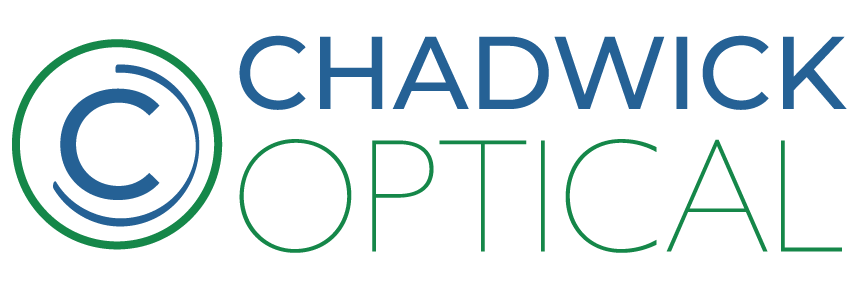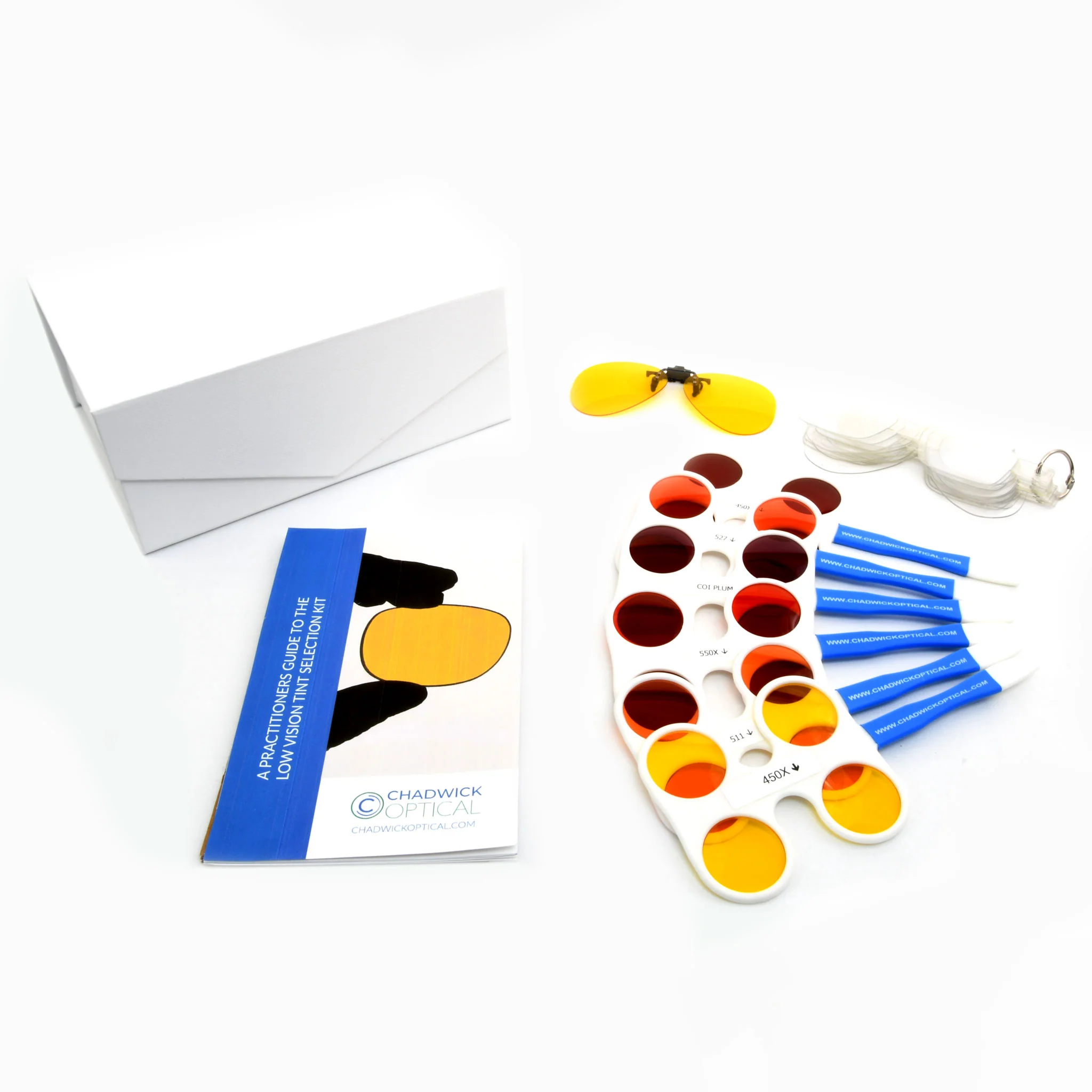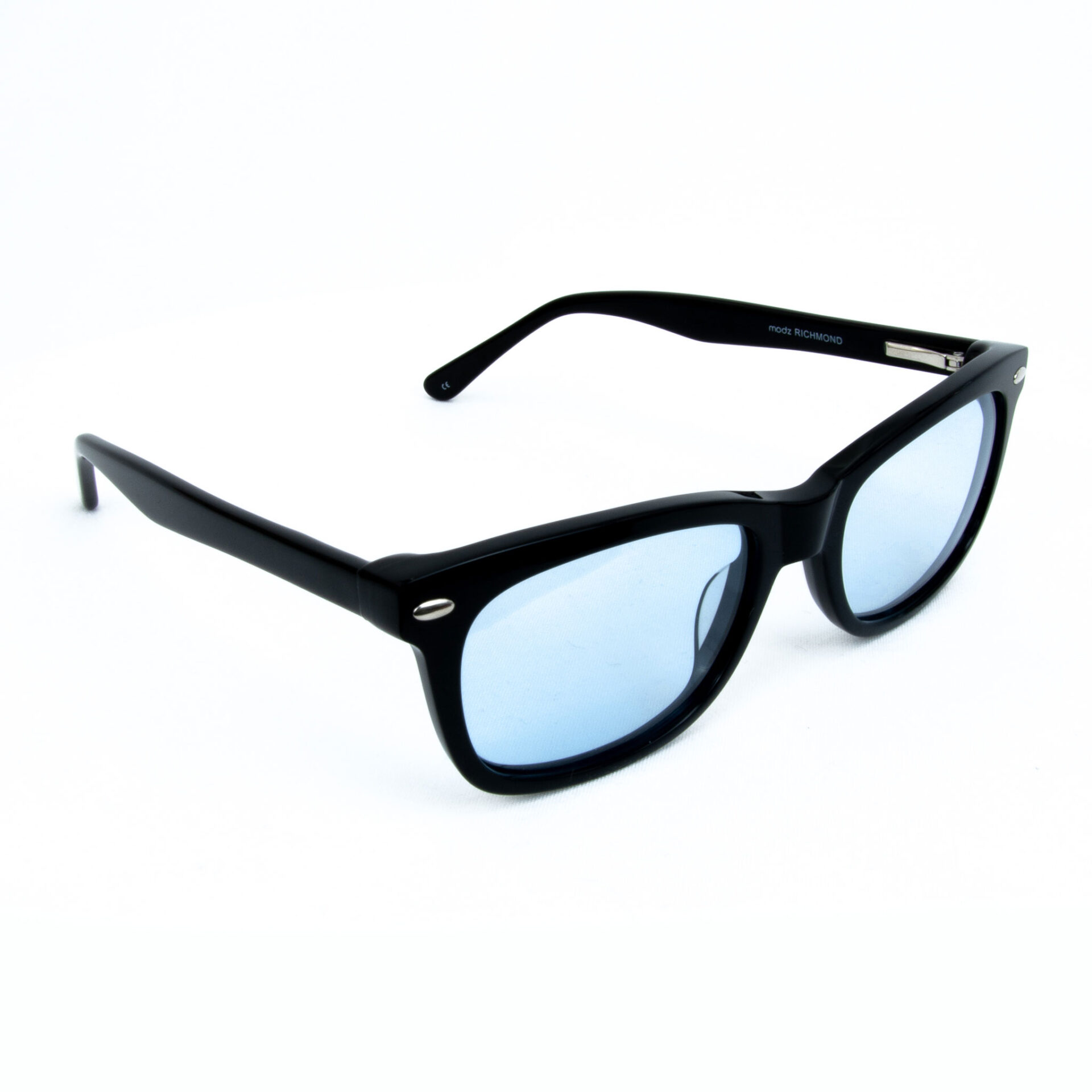Concussions And Other TBIs
What Is a Concussion?
A concussion is a specific form of traumatic brain injury (TBI) that occurs when a jolt, bump, or blow to the head—or an impact to the body causing the head to snap back and forth—jiggles the brain. This abrupt motion can deform brain tissue, stretching and damaging brain cells in the process. The ensuing damage sets off a cascade of chemical and metabolic alterations within these cells, disrupting their ability to function and communicate effectively.
According to the Brain Trauma Foundation, concussions are “the most underreported, under diagnosed, and underestimated brain trauma by far” and account for “90% of TBI, with millions of trauma cases every year.” Additionally, up to 1/3 of concussion symptoms (such as headaches, light sensitivity, and photophobia) are visual, yet vision is often overlooked in treatment for concussions and other TBIs.
While concussions are common and often non-lethal, their potential to profoundly alter an individual’s life underscores the importance of awareness, timely recognition and appropriate medical intervention.
Living With Concussions
Because of the eye-brain connection, vision is directly correlated to concussions and other TBIs. Some symptoms show up right away. Some don’t show up for months. However, any of these symptoms can cause major life challenges and need to be addressed as quickly as possible if and when they show up in a patient.
Early Vision Symptoms
Some typical immediate visual symptoms from a concussion include:
- Light sensitivity (photophobia)
- Convergence insufficiency
- Blurred/double vision
- Headaches
- Abnormal eye movements
- Vision loss (partial or complete)
- Reading difficulties
- Eye pain, strain, and fatigue
Delayed Vision Symptoms from Concussions
A good 30% of concussion patients experience symptoms that begin 3 MONTHS after sustaining the initial TBI. Delayed symptoms can include all of the above symptoms PLUS:
- Loss of binocular vision (possibly due to eye misalignment)
- Difficulty with eye tracking and shifting your focus from one point to another
- Difficulty focusing overall
- Poor depth of field
- Overall fatigue
- Long-term light sensitivity
- Memory loss
- Balance problems
- Decreased ability to concentrate
- Getting overwhelmed in visually stimulating environments
- Tasks taking a LOT longer than they used to
- Coordination problems
- Accommodative disorders (whereby a patient cannot maintain focus or visual clarity for extended periods of time)
- Behavioral changes
Imagine having to get through the day with any single one of the above symptoms. Each one on its own can be trying on a person’s physical and mental well-being. They are all highly disruptive, potentially disabling and can lead to life challenges such as missing work and losing out on other opportunities.
How We Help: Precisions Tints and Functional Filters
Certain patterns (polka dots or alternating light/dark lines, for example), certain wavelengths of the color spectrum and even certain levels of light can trigger a negative reaction in someone who has suffered a concussion or other TBI.
A great way to mitigate those triggers is by putting tinted lenses or filters between the external stimuli and the eye with TBI glasses (concussion glasses), fitovers, or clip-ons. These specialty tints filter out various parts of the color spectrum that can trigger symptoms while shielding the eye from harsh lighting and glare.
For instance, blue tints have been known to alleviate concussion symptoms and even seizure triggers. Plum tints are more commonly used for glare reduction. Avulux lenses are specially designed to precisely target the wavelengths that cause or worsen migraines.
A filter assessment will help determine what tint best suits your patient’s needs, and we are always happy to share our knowledge on the subject. Just give us a shout.
Chadwick Optical can make concussion and TBI fitovers, clip-ons and prescription lenses in any tint you need, including photochromic. Visit our tint library to see the range of tints we offer. Need a specific tint or fit type not listed? Give us a shout!
Below are links to popular products and an assessment kit we sell in our ecommerce shop for concussion/TBI patients. As always, we are happy to talk about your case, offer any guidance and create whatever you need to best serve your patient.
Resources
Want to learn more about how TBIs like concussions affect your vision? Head over to our dedicated resources page for TBIs and the eye/brain connection.



